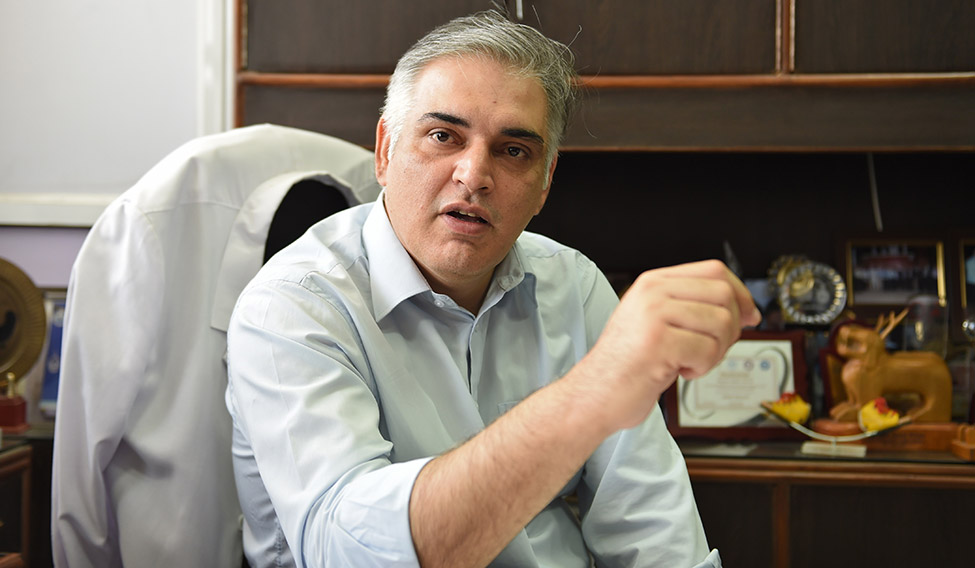The recent unfortunate events that put a question mark on the integrity of two prominent private (corporate) hospitals of Delhi have reopened the debate on regulation of health care services in India. Regulation of health care is essential not only in the private but also in public hospitals. The ambit, mechanisms and areas of jurisdiction of this regulation are debatable. Most private players involved in health care believe their part of the system is over-regulated. On the contrary, the regulations for private health care providers lie in a grey zone with poor accountability and transparency.
Here are my five takeaways vis-à-vis a wish list for regulations of medical practice in this country:
* Improvement of the existing structure of public health care: This is essentially an indirect measure to regulate the practice in the private setups. Unfortunately, anti-people health care measures like the slashing of health budget acts as a detriment to the development of a robust public health care system. At present, India spends less than two per cent of its GDP on health and most of the health care (around 80 per cent) is delivered by private players. Such dismal health expenditure indirectly leads to mushrooming of private hospitals and the subsequent problems of privatisation of health care.
* Developing bi-tier regulatory measures: Even within the private health care providers, there are two sets of hospitals that deliver health care in this country—the small nursing homes and the big corporate hospitals. It would be unfair (although ethical) to evaluate these two types of service providers with the same set of rules. In my opinion, the regulation of these two different subtypes of health care providers should be on entirely different (but ethical) lines. In view of the diversity, the two subsets need different regulatory pathways.
* Strengthening the Medical Council of India: This would help to provide it with enough teeth to take disciplinary action against both the defaulting doctors and the hospital in question. The ambit of MCI needs to be broadened to include such a regulatory provision.
* Introduction of regulatory acts at state level: Bringing in acts like West Bengal’s Clinical Establishment Act in each state should go a long way in providing transparency and accountability to the system. Similar acts need to be brought about and implemented across the country.
* Carving out a robust health regulation system from existing global models of regulation and customising them to the Indian context: This will help in getting a model of regulating the private health care that is time tested and is able to regulate all aspects of health care, be it service delivery, health infrastructure or health financing.
The author is professor of orthopaedics at AIIMS in New Delhi.Views are personal.






